Ένας ιστορικός της τέχνης και μια φιλόλογος διερευνούν μαζί και χώρια πτυχές της νεωτερικότητας στην πεζογραφία του Μητσάκη, του Βιζυηνού και του Παπαδιαμάντη. Τα τρία διηγήματα που σχολιάζονται (“Το βαπόρι”, “Μεταξύ Πειραιώς και Νεαπόλεως”, “Η Νοσταλγός”) έχουν ως κοινό τόπο αναφοράς το ταξίδι στη θάλασσα και θεματοποιούν, με τον έναν ή τον άλλο τρόπο, μία από τις αντιφάσεις της νεωτερικής συνείδησης: τη γοητεία που ασκεί στον καλλιτέχνη το στοιχείο της τυχαιότητας (στη φύση αλλά και στην καλλιτεχνική διαδικασία) και την ταυτόχρονη επιθυμία απόλυτου ελέγχου (ομοίως: της φύσης και της καλλιτεχνικής διαδικασίας). Η τελευταία από τις μελέτες που συγκροτούν τον τόμο (αυτή για τη “Νοσταλγό” του Παπαδιαμάντη) συνυπογράφεται από τους δύο μελετητές και κοιτάζει έναν συγγραφέα που απολαμβάνει την απώλεια του ελέγχου πάνω στους χαρακτήρες του.
Το προϊόν “Σχόλια στον Καβάφη” έχει προστεθεί στο καλάθι σας. Καλάθι
9.00€ Original price was: 9.00€.7.20€Η τρέχουσα τιμή είναι: 7.20€.
Τρεις εν πλω
Κάνετε την πρώτη αξιολόγηση για το προϊόν: “Τρεις εν πλω” Ακύρωση απάντησης


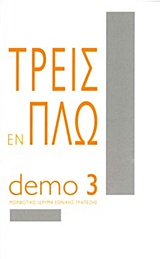
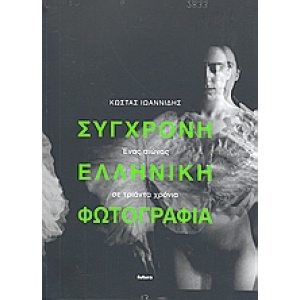
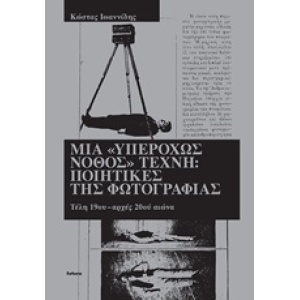
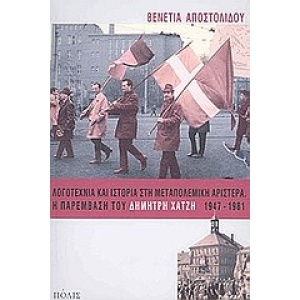
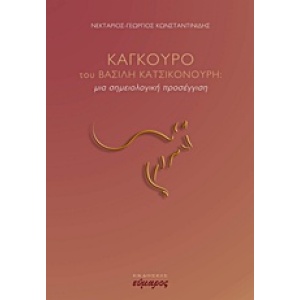
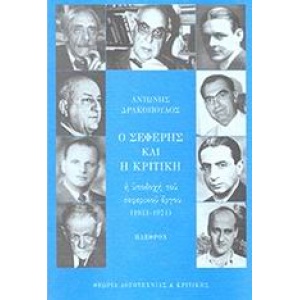
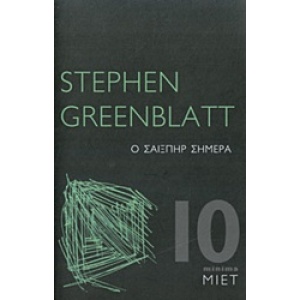
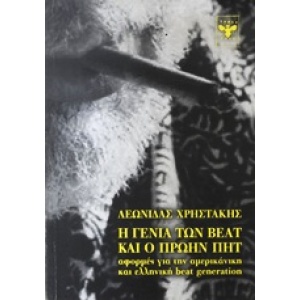
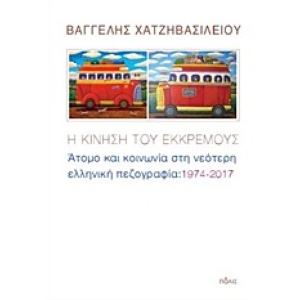
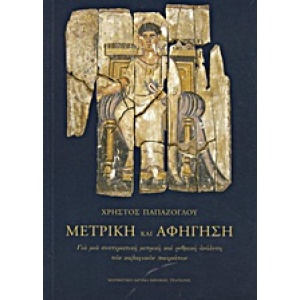
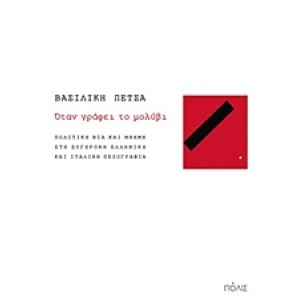
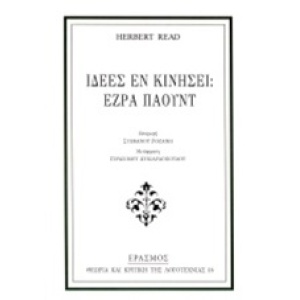
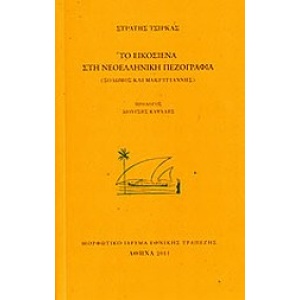
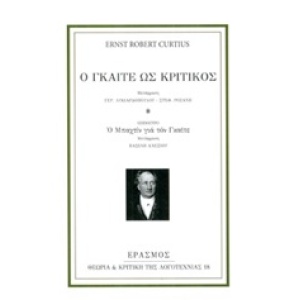
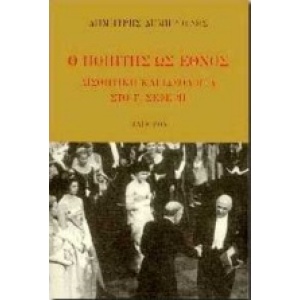
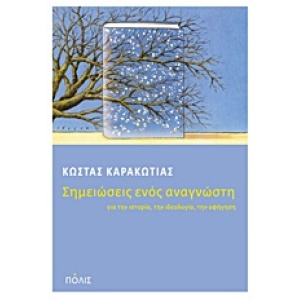
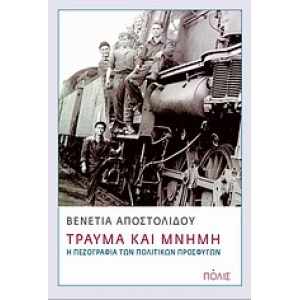
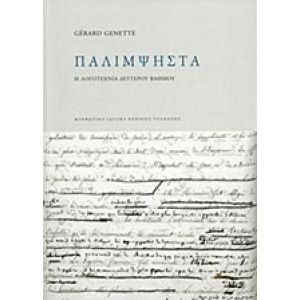
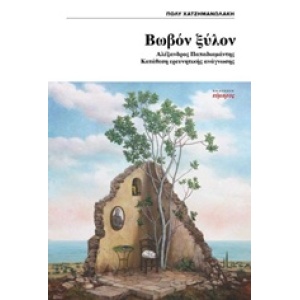
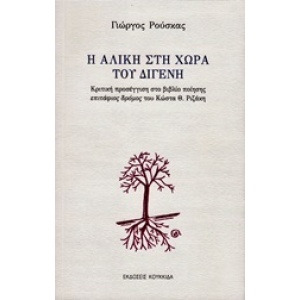
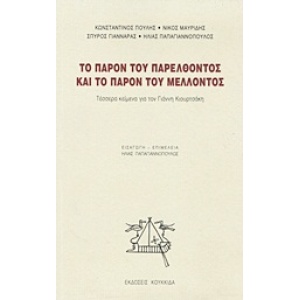
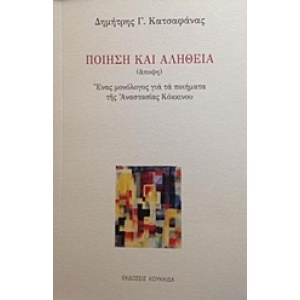
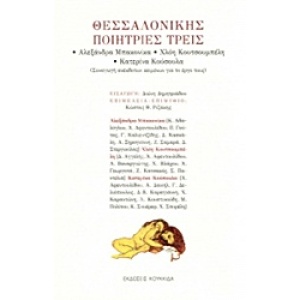
Αξιολογήσεις
Δεν υπάρχει καμία αξιολόγηση ακόμη.